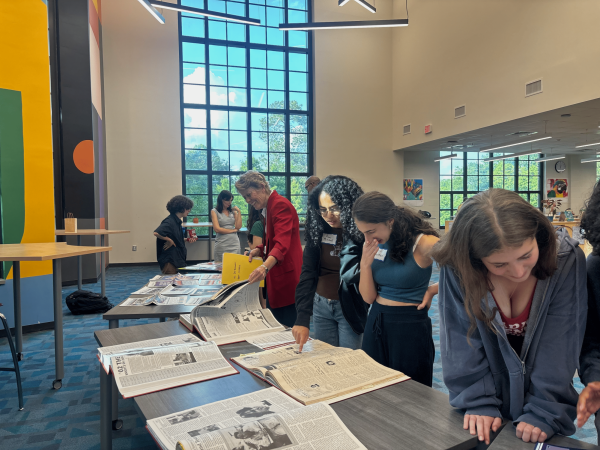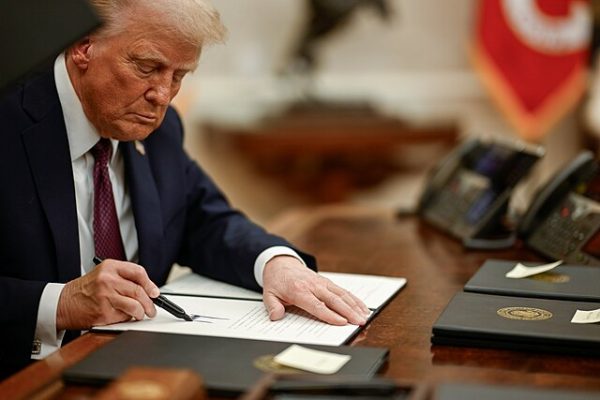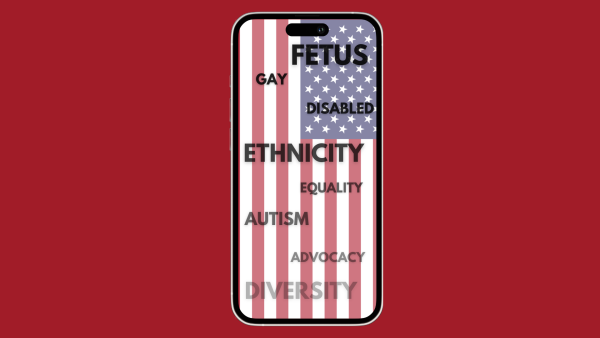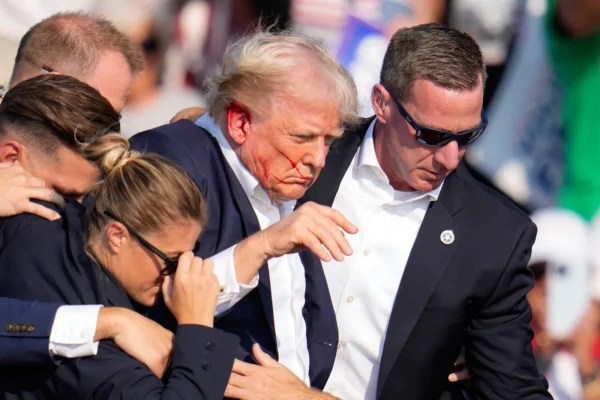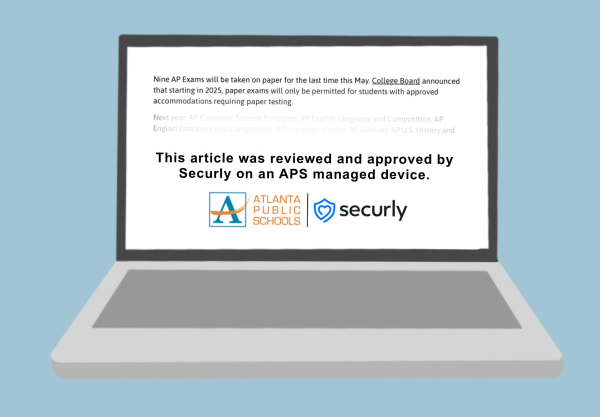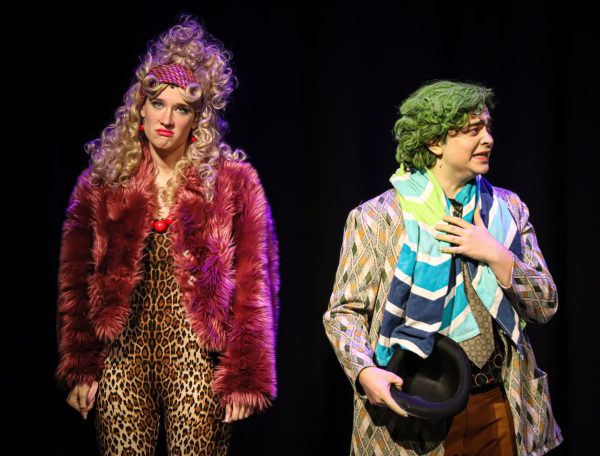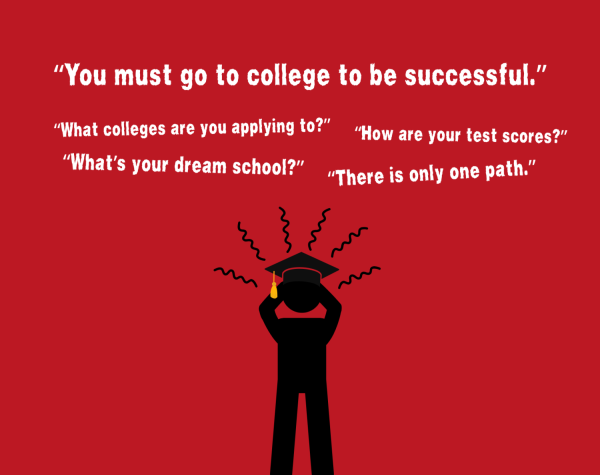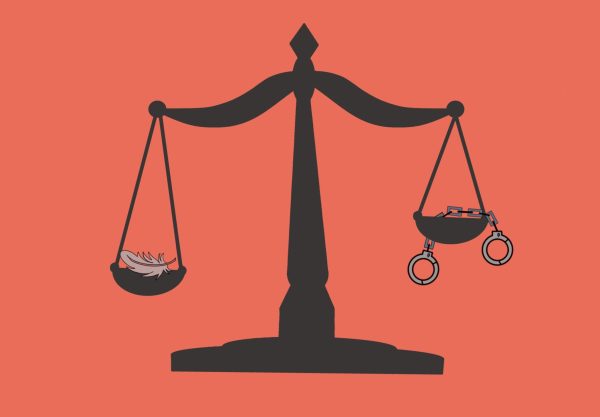Federal voting age should be 16
Following the shooting at Santa Fe High School in the southeastern Texas city of Santa Fe, a crime which took 10 invaluable lives on May 18, the school’s other students, faculty, and parents were left to mourn the deaths of their friends and loved ones.
The shooting was only one instance of the multiple school shootings which have occurred in the United States since Columbine in the 1990’s. In 2018 alone, there have already been at least 22 instances of shots fired on school campuses in the U.S., according to CNN. Reluctance to support gun reforms by a large percentage of politicians has allowed school shootings to continue with minimal efforts of prevention.
Following the Parkland shooting, young people have been responsible for a great deal of activism for gun control. Although teenagers do not have the right to vote, they still use their voices for change.
But what if they did have the right to vote? As evidenced by the Parkland shooting, a great deal of issues debated by politicians in Washington have direct effects on teenagers. If teens could cast ballots, not only would their voices hold more power, but they would could affect how future politicians govern the U.S. Theoretically, if teens could vote, America could more likely experience a future administration in support of gun reform.
Whether or not to lower the voting age is not a new debate, but it is more relevant following instances such as the Parkland shooting. For those in favor of voting reform, 16 is often considered a fair age. At 16, at least in Georgia, teens can apply for jobs and are trusted with driver’s licenses. If they can be trusted with this much, why can’t they be trusted with a voice?
Older demographics have held overwhelming power in politics since the founding of the U.S., so there is no doubt resistance to the notion of voting power in the hands of teenagers.
Some people might have preconceived ideas that 16-year-olds, and all teenagers for that matter, are too immature and underqualified to have a hand in choosing the leaders of one of the strongest democracies in the world.
Such a mentality is not entirely invalid. After all, most 16-year-olds are still high schoolers and lack experience in the adult world. In a way, 16-year-olds are still naive.
But naivety can be attached to a purer perception between right and wrong. Emma Gonzalez, a Parkland survivor, started the slogan, “We call BS,” demonstrating the transparent attitudes embraced by teens.
Youth are undeniably powerful. Parkland activists are not the first of the young demographic to spark change and pose powerful questions. Students were integral to the Civil Rights Movement in the mid 20th century and the protests against the Vietnam War in the late 20th century.
Teenagers already have a voice, but there is no problem with granting them an even larger one. Youth are our future, and youth demand change. America depends on them, and therefore should embrace them.

